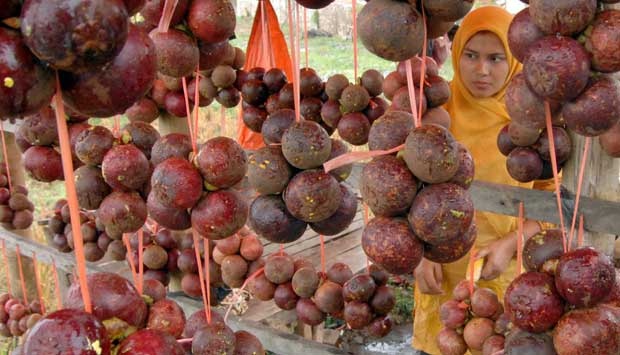A Good Ban
Translator
Tempo.co
Editor
Laila Afifa
Sabtu, 21 September 2019 18:08 WIB

TEMPO.CO, Jakarta - The government’s initiative to bring forward the ban on the export of raw mining products deserves support. At a time of global economic weakness and a collapse in the price of Indonesia’s main commodities, developing the downstream mining sector could be one way to reduce the current account deficit.
The energy and mineral resources ministry is to ban the export of nickel from January 1, 2020, two years earlier than the original plan. This is the right decision because a number of studies have shown that the development of the nickel processing industry brings about more economic benefits for the domestic mining industry. Even more so, given that Indonesia supplies 27 percent of world’s nickel.
There was an export ban in place from 2014 to 2017. After this, the rules for mining companies were relaxed as long as they built processing factories and purification plants. However, most of these companies holding mining permits built none of these facilities. Therefore, there is no longer any reason for mining companies to continue playing for time.
The proof of this is that before the rules were relaxed, the 2014-2017 nickel ore export ban resulted in more than US$8 billion of investment in the downstream sector. The policy succeeded in increasing exports of rustproof steel fivefold by 2017 from the 2014 figure of US$1.1 billion. As a result, the government managed to reduce the trade deficit in the iron and steel sector.
The purification and processing of nickel ore into ferronickel can also produce between four and six times as much added value. Nickel ore that is turned into rustproof sheet metal can add far more value. Last year, the value of nickel ore exports was US$612 million. If this nickel ore had been processed into sheet metal, the projected export value was US$6.24 billion. The more added value produced, the higher the tax revenue and income that is received.
As well as adding value, the process of processing ore into intermediate or finished products also extends the production chain, and it creates more jobs, resulting in an improvement in prosperity and a reduction in inequality around mining areas. The industrial products could also be a substitute for imports, and even exported, as a way of tackling the current account deficit, which has been acute since 2011.
Our current account deficit is cause for concern. The inflow of dollars from all trade in goods and services is much smaller than the amount that leaves the country. This gap has widened from US$16.2 billion in 2017 to US$31 billion last year. In the first semester of this year alone, the current account deficit has reached US$15.37 billion.
Unfortunately, Indonesia has been highly dependent on the export of natural resources. Meanwhile, the price of Indonesia’s main commodities has fallen in the last year. As a result, the growth in goods and services exports has been negative since the first quarter of 2019. It is no surprise that the current account deficit is predicted to continue increasing this year.
In order to stop this continual dependence on natural resources, there must be a ban on the export of nickel. Although there has been political lobbying to delay this decision, the government should not hesitate to ban the export of all raw materials, including mining products such as bauxite and tin. It is time companies were obliged to add value to the mining products they produce.
Read the Complete Story in this Week's Edition of Tempo English Magazine



















